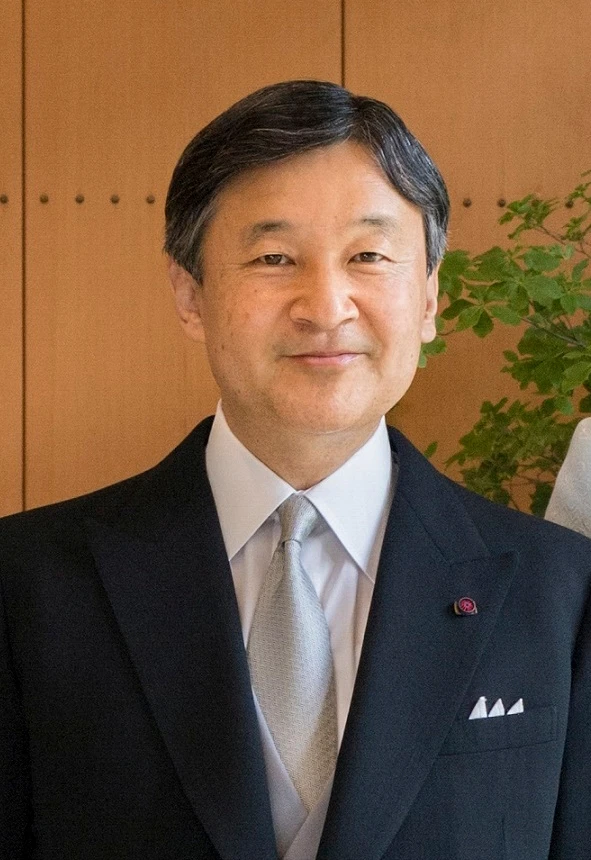
- Anime/Manga Lineups & Tracker
- Japanese Culture Lessons
- Forums, Social Network & Chat
- Clubs & Study Groups
- Vocabulary Builder & Daily Login Rewards
- Friend Finder & Pen-Pals
- Games & Digital Pets (Yokai)
- And much more!





























The Emperor's Birthday, or Tenno Tanjobi (天皇誕生日) in Japanese, is a special day for Japan, celebrated every December 23rd. Japan celebrates the birthday of its current Emperor, Naruhito who was born in 1960. The Emperor holds a prominent place in Japanese culture and history, and this holiday serves as a chance for people to show their appreciation for his achievements and contributions.
|
The Emperor's Birthday has a long and rich history dating back centuries. In the past, the reigning Emperor's birthday was a major national event celebrated with parades, festivals, and other public gatherings. Today, the holiday remains a significant occasion in Japan and is marked by various ceremonies and events throughout the country. The tradition of celebrating the Emperor's birthday dates back to the Meiji period (1868-1912) when Emperor Meiji declared his birthday as a national holiday. After World War II, the holiday was changed from April 29th to December 23rd to coincide with Emperor Akihito's birthday. Emperor Akihito was the first Emperor of Japan born after the end of World War II and his birthday was seen as a way to promote national unity and celebrate Japan's post-war democracy. You will most likely come across the concept of “post-war Japan” which is exactly this, Japan transformed in so many ways after WWII. One of the most significant events during the Emperor’s birthday is the Imperial Palace Birthday Celebration which takes place at the Imperial Palace in Tokyo. The celebration includes a formal greeting by the Emperor and Empress, a military parade, and other ceremonial activities. In addition, communities across Japan hold their own unique celebrations, including festivals, parades, and public gatherings to commemorate this special day. The role of the Emperor in modern Japan is complex and nuanced. The role of the Emperor in modern Japan is complex and nuanced. There is a bit of a controversy surrounding the Emperor as many people have argued that the position should have a more of an active role, others believe that the current system is appropriate and should remain a symbolic figure which could be compared similarly to the King of England. This has sparked debate and discussion in Japan about the significance of the Emperor in contemporary society. Despite these debates, the Emperor's Birthday remains an important holiday in Japan, celebrated with great enthusiasm and pride. Most people in Japan have the day off from work and school on December 23rd as it’s considered a national holiday. In general, most businesses and organizations close on this day but not all organizations observe it which is usually because of the industry they operate in such as medical care and other important services. Bonuses are usually given to employees who work on holidays as it’s a national regulation. |
 |
| Emperor Naruhito |
The Emperor's Birthday is a significant holiday that is deeply rooted in Japanese culture and history. The Imperial Palace Birthday Celebration and the various local events provide a window into Japan's rich traditions and customs. Additionally, the holiday offers an opportunity to reflect on the complex and nuanced role of the Emperor in modern society. While not everyone in Japan has the day off on December 23rd, the Emperor's Birthday remains an important national holiday that is celebrated with enthusiasm and pride.
Although we have only briefly glimpsed through this holiday, there is so much more to learn about the Emperor, Japan, and Japanese by exploring other articles around Jappleng (You’re here!). We are always adding more content and our efforts are mostly voluntary. You can create a new account here and learn so much more for free! Please let us know in the forums what else you would like to know about this holiday or other holidays about Japan!